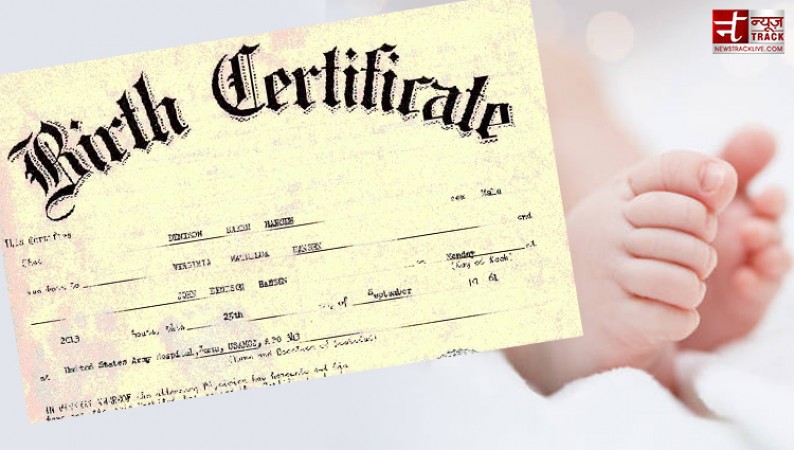
Starting from October 1, a significant change is set to occur in the administrative landscape of India. The Registration of Births and Deaths (Amendment) Act, 2023, will usher in a new era where a birth certificate will serve as a versatile document for numerous official purposes. This pivotal legislation, passed in the recent Monsoon Session of Parliament, will have far-reaching implications across various sectors.
The Union Ministry of Home Affairs officially announced this transformative shift in a notification issued on September 13, designating October 1 as the date when the Act's provisions will become effective. This development is poised to enable the creation of a comprehensive national and state-level database containing records of registered births and deaths. This database promises to revolutionize the delivery of public services and social benefits by enhancing efficiency and transparency through digital registration.
The notification reads, "In exercise of the powers conferred by sub-section (2) of section 1 of the Registration of Births and Deaths (Amendment) Act, 2023 (20 of 2023), the Central Government hereby appoints the 1st day of October 2023, as the date on which the provisions of the said Act shall come into force."
The journey towards this significant change began with the unanimous approval of the Registration of Births and Deaths (Amendment) Bill, 2023, by both houses of Parliament. The Rajya Sabha voiced its support for the bill on August 7, while the Lok Sabha passed it on August 1. The bill, shepherded by Union Minister of State for Home, Nityanand Rai, sought to amend the 1969 Act, granting substantial authority to the Registrar General of India in maintaining a national database of registered births and deaths. Additionally, Chief Registrars at the state level and Registrars overseeing local area jurisdiction within the states will be obliged to contribute data to the national database. States will also maintain parallel databases at their respective levels.
Previously, specific individuals were mandated to report births and deaths to the Registrar. For instance, the medical officer overseeing a hospital where a baby was born had to report the birth. The amended Act now stipulates that, in cases of births, these specified individuals must also provide the Aadhaar number of the parents and the informant. This requirement extends to jailors in cases of births occurring in correctional facilities and the managers of hotels or lodges for births within such establishments.
Furthermore, the Act broadens the list of specified individuals to include adoptive parents in cases of non-institutional adoptions, biological parents in cases of births through surrogacy, and the sole parent in instances of children born to single parents or unwed mothers.
Another pivotal aspect of the new legislation is its provision for sharing the national database with other authorities responsible for maintaining different databases, such as population registers, electoral rolls, and ration card systems. However, the use of this national database will require approval from the central government.
Similarly, the state-level databases can be made accessible to authorities managing other state databases, contingent upon approval from the respective state governments. Additionally, the Act allows individuals aggrieved by actions or orders of the Registrar or District Registrar to file appeals with the District Registrar or Chief Registrar, respectively, within 30 days of receiving such actions or orders. These authorities must then render their decisions within 90 days from the date of the appeal.
The Registration of Births and Deaths (Amendment) Act, 2023, poised to take effect from October 1, will transform the significance of birth certificates in India, making them an all-encompassing document for a wide range of official purposes, thereby streamlining administrative processes and enhancing transparency in record-keeping.